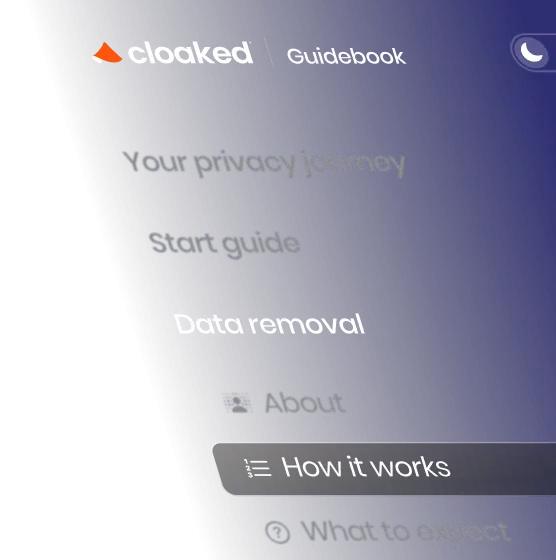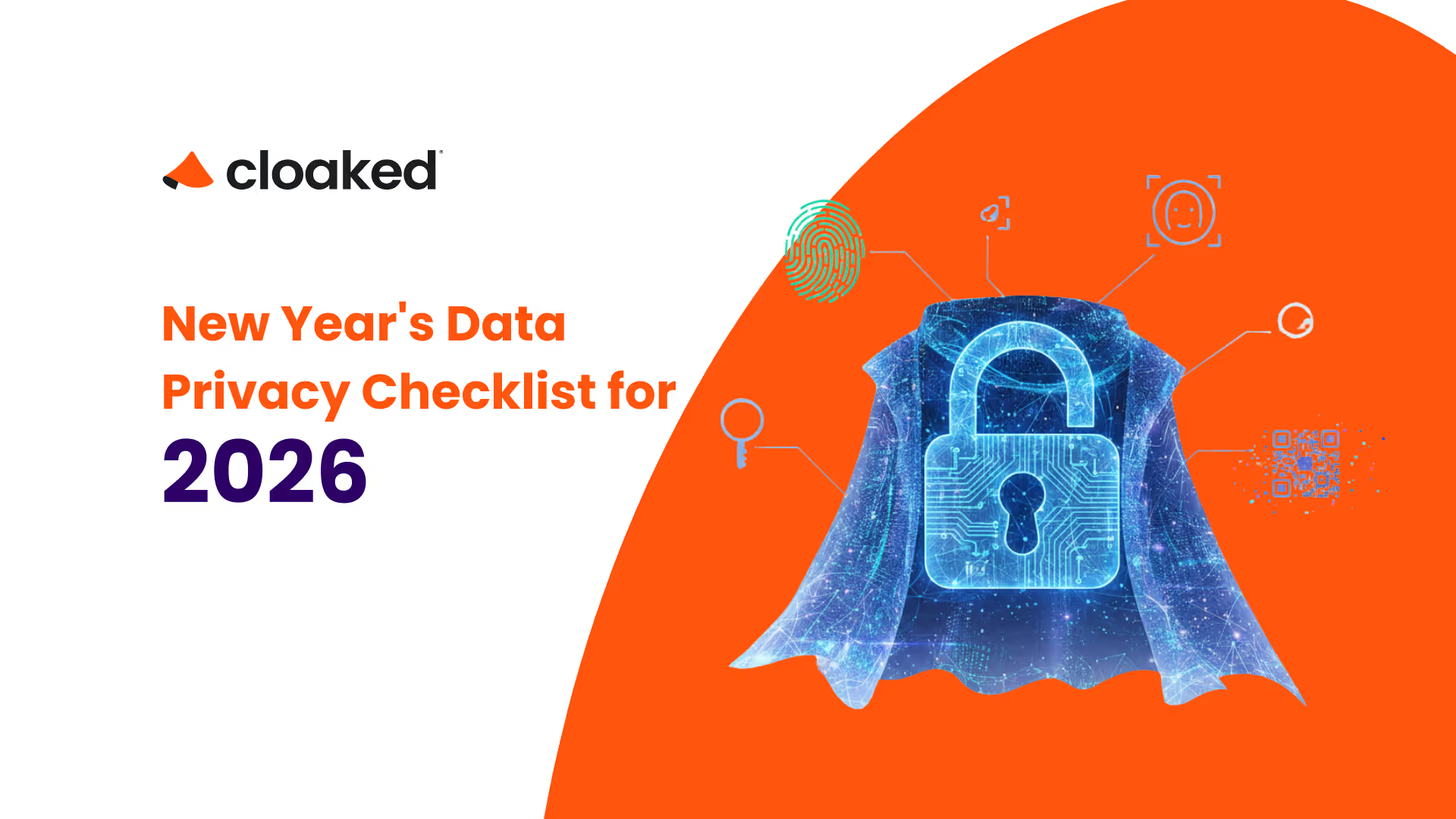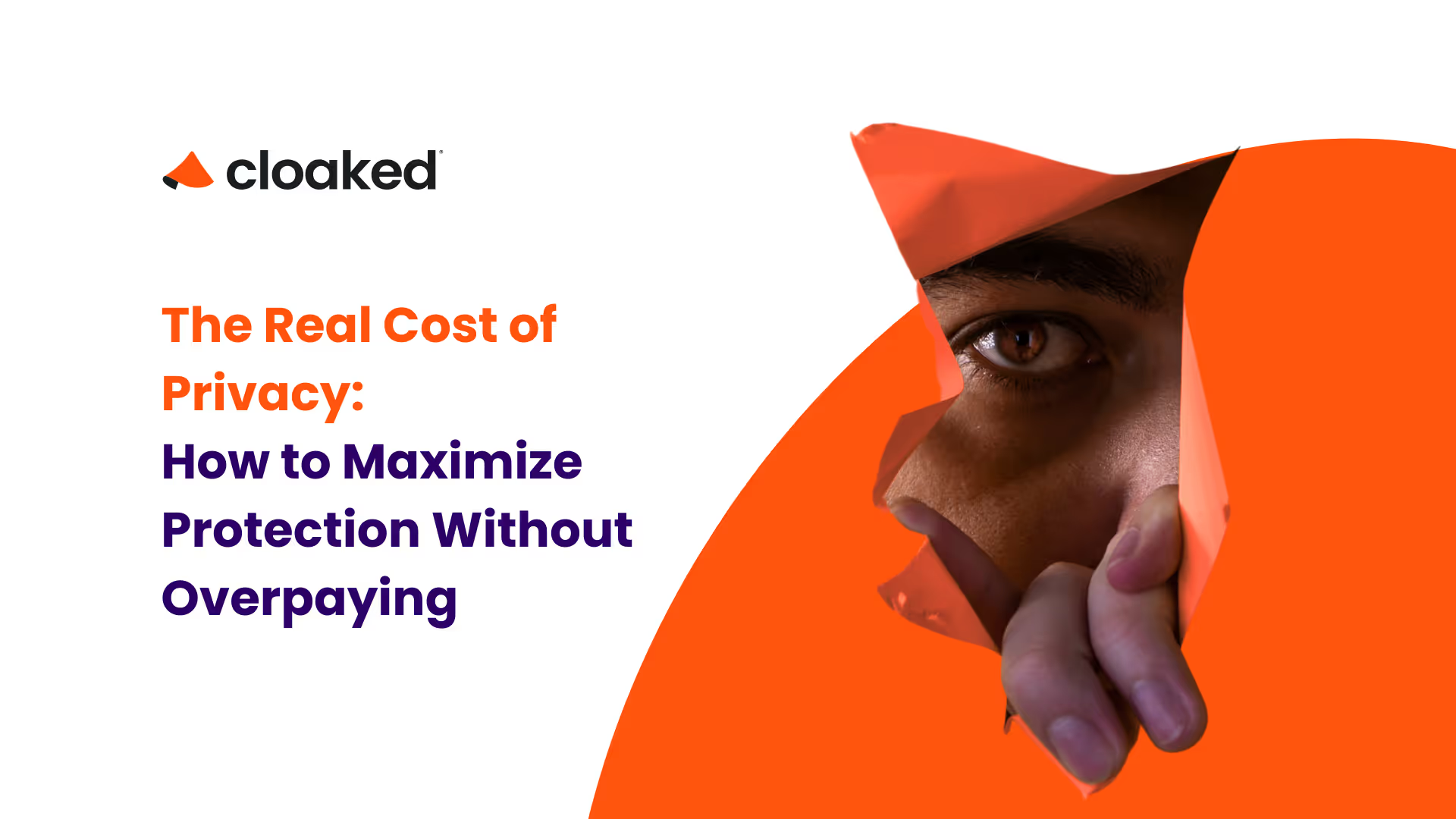In today’s workplace, the question of who holds the reins over digital information is more pressing than ever. A recent survey by Cloaked has uncovered a surprising statistic: 81.4% of employees are calling for more control over their data privacy. This is more than just a number; it’s a clear message that employees are yearning for greater autonomy over their personal information. It’s time for organizations to listen and act upon these insights.
Understanding the Survey Findings
Cloaked’s recent survey pulled back the curtain on something many suspected but few had quantified: a full 81.4% of employees want more control over their personal data at work. That’s not a quiet grumble—it’s a loud, clear demand.
What the Survey Reveals
- Majority demand: Over four out of five employees are uneasy about how their data is managed.
- Rising concerns: Employees are paying closer attention to how their digital information is collected, stored, and used by employers.
- Growing expectations: Workers don’t just want transparency; they want the power to manage their own data.
Why These Numbers Matter
This isn’t just another workplace trend. When most of your team signals discomfort with current data practices, it’s a warning light. Employees are saying, “We need a say in what happens to our information.” If ignored, this sentiment can lead to distrust, lower morale, and even talent loss.
What Does It Mean for Business?
- Employee sentiment is shifting: People expect to have a voice in their digital privacy.
- Risk of ignoring the message: Companies that fail to act may face backlash or struggle to attract and keep top talent.
- Opportunity for leadership: Organizations that take this seriously can stand out by showing respect for their employees’ digital boundaries.
The data from Cloaked isn’t just a statistic—it’s a mirror. It reflects how employees truly feel and what they’re starting to expect from their employers when it comes to control of their digital information.
The Human Need for Data Autonomy
People crave control over their lives, and data is no exception. Data autonomy is the ability to decide who can access your personal information, when, and how. It’s about ownership, not just access. This is a basic human expectation—rooted in the same desire for freedom that fuels broader conversations about privacy, consent, and self-determination.
Why Data Autonomy Matters
- Personal Freedom: When individuals have control over their information, they feel respected and empowered. The opposite—being watched or tracked—can feel like an invasion, even if nothing is technically “wrong.”
- Trust and Satisfaction: Employees, in particular, expect workplaces to honor their privacy. If people sense their data is being mishandled, trust erodes. When privacy is protected, satisfaction and loyalty rise.
- Mental Wellbeing: Constantly worrying about who has your data takes a toll. Autonomy gives peace of mind—knowing you have the final say on what’s shared.
Data Autonomy and the Workplace
People don’t leave their concerns at the door when they come to work. Employees want their organizations to protect not only company data, but also their own:
- Clear boundaries between personal and professional data.
- Transparency about what is collected and why.
- Real choice in opting in or out of data sharing.
An anecdote that many can relate to: Remember that uneasy feeling when a random app requests access to your entire contact list? Now imagine that same unease in a work setting, multiplied by the stakes.
How Cloaked Empowers Data Autonomy
Cloaked recognizes the need for real control. The platform puts individuals in the driver’s seat, letting them create, manage, and share digital identities on their terms. With features like customizable privacy settings and temporary data sharing, Cloaked helps people reclaim ownership—at work and beyond.
Autonomy over personal data isn’t just a technical feature. It’s a human right, and it’s time we start treating it that way.
Building Trust Through Data Empowerment
Empowering employees with direct control over their personal data isn’t just a box to tick on a compliance checklist—it’s a fundamental step to building genuine trust in any organization. When people know they have real authority over their own information, the anxiety about privacy fades, and trust naturally follows.
Why Data Control Matters
Let’s break it down. Employees today expect to be more than passive participants in their own privacy. They want:
- Transparency: Clear insight into what data is being collected, why, and how it’s used.
- Security: Assurance that their decisions about data are respected and protected.
Without these, trust crumbles. People are tired of vague privacy promises and hidden practices. They want straightforward tools—ones that put them in the driver’s seat.
The Role of Data Control Tools
Modern data privacy tools are built to deliver exactly this kind of empowerment. They make managing personal information simple and direct, letting employees:
- Access their data easily: No more endless forms or email requests.
- Edit or delete information as needed: Real-time updates mean less waiting, less frustration.
- Monitor who accesses their data: Full visibility, no secrets.
By handing over these controls, companies send a clear message: “We trust you, and we respect your choices.” That’s not just good for morale—it’s good for business.
Meeting Modern Expectations
Today’s workforce expects privacy to be a given, not a bonus. They’re used to sleek, intuitive apps in their personal lives and want the same clarity at work. Data empowerment tools bridge this gap, providing:
- Peace of mind: Employees don’t have to wonder who’s looking at their information or why.
- Confidence in the company: When people see their rights honored, loyalty grows.
Where Cloaked Fits In
Cloaked offers practical solutions here. Its platform gives users full control over their personal data—letting them decide what to share and when to retract it. The process is straightforward, designed to be user-friendly, and keeps privacy decisions in the hands of the individual. This kind of transparency and control aligns directly with what today’s employees expect.
By making data empowerment a reality, organizations foster a culture of trust that lasts. People feel safer, more respected, and more willing to engage—because they know their privacy is truly in their own hands.
Innovative Tools for Data Control
Control over digital information at work is no longer a luxury—it’s a necessity. Employees increasingly want ownership of their personal and professional data. Companies that recognize this are adopting innovative tools to meet these expectations.
What Does Data Control Really Mean?
At its core, data control is about giving individuals the power to decide who can see, use, or share their information. It’s more than just privacy policies. It’s about practical, hands-on ways for employees to manage their digital footprint.
Key elements of effective data control include:
- Clear permissions: Employees can see and adjust who accesses their data.
- Transparency: No hidden data usage. Everything is upfront.
- Revocability: The ability to withdraw consent or delete data at any time.
- Portability: Moving data easily between tools or platforms.
Tools Changing the Game
Several innovative solutions are making real data control possible. The best of these tools are simple, user-friendly, and put the employee at the center.
Examples of such features:
- One-click privacy controls: Quickly manage settings for who can view or access information.
- Data masking: Hide sensitive details until absolutely necessary.
- Audit trails: Let users track where their information goes and who’s accessed it.
Cloaked: Putting Control Back in Employees’ Hands
Cloaked has developed a suite of features specifically to address these pain points. Their platform offers:
- Personal data vaults: Employees can store, manage, and share their information securely.
- Temporary data sharing: Give access for a limited time—perfect for contract work or cross-team collaboration.
- Customizable sharing settings: Employees decide exactly what to share, and with whom, using intuitive controls.
- Easy consent management: Change or revoke sharing permissions anytime, with just a few clicks.
These features are designed to empower employees, making sure they’re not left guessing about who has their data or how it’s being used.
What Employees Want: Insights from Cloaked’s Survey
Cloaked’s recent survey highlights the growing demand for better data control at work. Key findings include:
- Over 70% of employees feel they lack meaningful control over their digital information at work.
- More than half want tools that make it easy to see and manage who has access to their data.
- A significant number are willing to advocate for employers who provide transparent, easy-to-use data management tools.
It’s clear: employees don’t just care about privacy—they want simple, direct control over their information. Tools like those offered by Cloaked aren’t just nice-to-have—they’re becoming essential.
Taking Action: How Companies Can Respond
Companies can't afford to treat data privacy as an afterthought. Employees expect control over their personal data, and ignoring this demand is a recipe for low morale and legal headaches. Here’s how organizations can put privacy at the forefront—without making things complicated or expensive.
1. Audit Existing Data Practices
- Identify what employee data is collected, where it lives, and who can access it.
- Delete old or unnecessary data. Holding on to outdated records increases risk for no good reason.
- Document the purpose for every bit of data collected. If you can’t explain why you need it, you probably don’t.
2. Offer Transparency and Control
- Let employees see what’s collected about them. Transparency isn’t just ethical; it’s now expected.
- Allow corrections and deletions. Give staff simple tools to fix errors or remove outdated info from your systems.
- Communicate privacy policies in plain English. No one reads a 30-page legal document. Break it down.
3. Implement Smart Access Controls
- Restrict sensitive data to only those who need it. Overexposure invites mistakes and misuse.
- Regularly review permissions. People change roles; so should their access.
- Use technology to automate alerts for unusual access. This helps catch issues early.
4. Align with Employee Demands for Autonomy
- Let staff control how their information is used. Consent should be active, not assumed.
- Provide options for data sharing preferences. Employees should be able to say no to unnecessary data sharing.
- Support anonymous reporting or communication, where feasible. This builds trust and protects those who speak up.
5. Make Privacy Part of Company Culture
- Train everyone—not just IT—on data privacy basics. Mistakes happen when people aren’t informed.
- Reward responsible data handling. Positive reinforcement works.
- Encourage open dialogue about privacy concerns. Employees need to feel safe raising issues.
6. Use Tools that Empower Data Autonomy
- Invest in platforms that put employees in control of their information. For example, Cloaked offers solutions that let people manage, mask, or even delete their personal data with just a few clicks. This kind of tool doesn’t just check a compliance box; it shows real respect for individual autonomy.
7. Keep Up with Legal Requirements
- Stay current with privacy laws and regulations. This isn’t just about avoiding fines—it’s about doing right by your team.
- Schedule regular reviews of policies and procedures. What worked last year might not cut it now.
Summary: Companies that take data privacy seriously aren’t just avoiding trouble—they’re building trust. Giving employees real control over their personal data isn’t just good practice. It’s non-negotiable.
Cloaked FAQs Accordion
Frequently Asked Questions
Data autonomy means employees have control over how their personal information is collected, stored, shared, and deleted. It goes beyond transparency, giving staff real ownership of their digital identity at work.
According to Cloaked’s survey, most employees feel uneasy about current workplace data practices. They want the ability to manage what information is collected, who can access it, and when it can be removed—building trust and reducing anxiety.
When employees feel their data is mismanaged or hidden from them, trust in leadership declines. This can lead to lower morale, disengagement, and even higher turnover. Providing real control helps build loyalty and satisfaction.
Having control over personal data reduces stress, prevents feelings of surveillance, and provides peace of mind. Employees who feel empowered digitally are less anxious and more focused at work.
Companies can start by auditing current data practices, offering transparency, providing tools for editing or deleting data, and ensuring employees have clear choices about what information is shared.
The best tools provide one-click privacy settings, data masking, temporary sharing, consent management, and audit trails. These give employees transparency and flexibility without technical complexity.
Transparency helps employees understand what data is collected and why. Without clear communication, even legitimate data practices can create suspicion and erode trust.
Cloaked offers features like personal data vaults, customizable sharing settings, temporary data access, and easy consent management. These tools let employees actively control their digital footprint in real time.
Organizations that fail to prioritize data autonomy risk losing talent, damaging trust, and facing compliance or legal challenges. Employees now expect privacy rights to be respected at work.
Data autonomy isn’t just about compliance—it’s about respect. Companies that empower employees with control over their personal information foster stronger trust, improve retention, and position themselves as leaders in workplace culture.










.png)







